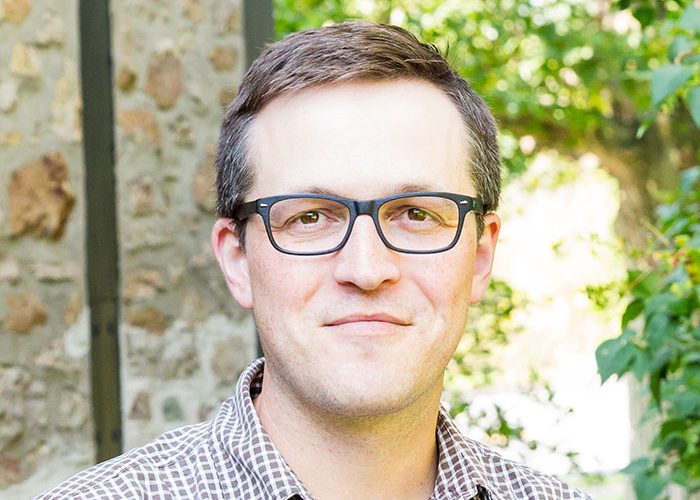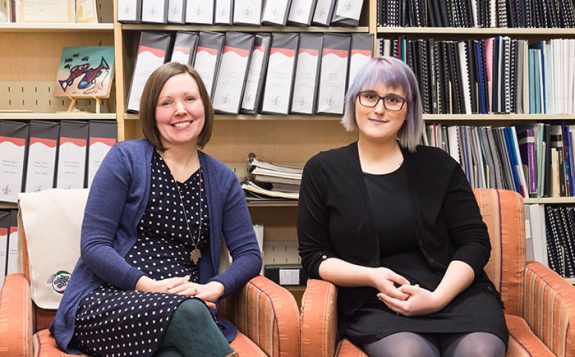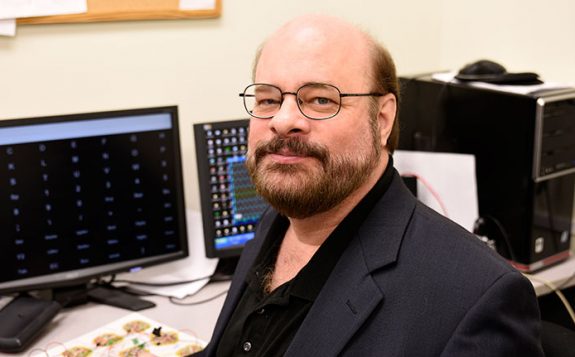When Dr. Trevor Tchir defended his dissertation at the University of Alberta on German political theorist Hannah Arendt (1906 – 1975), he thought his research on the Jewish prisoner of war was over. However, a resurgence of right wing populism in Europe and North America, as well as the publishing of the Truth and Reconciliation (TRC) Commission of Canada’s Calls to Action, have him revisiting her political philosophy years later.
Tchir’s interest in Arendt was first piqued by his love for music. During his undergraduate days at the University of Ottawa, he encountered her readings which connected political theory to artistic performance. “As a musician, that really interested me. She rejuvenates a Greek understanding of political action in terms of an analogy of artistic performance. That’s really where it all began. And the more I got into what she had written, the more interested I became.” From there, Tchir devoted his graduate degrees to understanding, analyzing, and critiquing Arendt’s life and opinions.
Now an Assistant Professor of Political Science in the Department of Law and Politics at Algoma University in Sault Ste. Marie, Tchir has published his first book, entitled Hannah Arendt’s Theory of Political Action. His book focuses on Arendt’s defense of political freedom, human dignity, and plurality in the face of totalitarianism, and offers a new interpretation of her theory of political action and identity.
Tchir claims that Arendt’s thought is more relevant than ever. “There’s a real rejuvenation in Arendt right now as people try to grapple with the rise of populism and ‘us vs. them’ style politics. Today’s students of politics can find in Arendt’s thought reflections to inspire the difficult but crucial tasks of defending the human rights of refugees, determining terms of political recognition that respect difference, seeking political reconciliation, contesting abuses of sovereign state power, protecting public spaces and opportunities for meaningful citizen engagement, and deliberating publically across different perspectives in ways that might overcome violent conflict.”
Since working at Algoma University over the past three years, Tchir’s interest in Indigenous peoples has also deepened. “I’ve always been interested in Indigenous politics, however, working on the site of a former residential school has strengthened this interest. My latest research is about applying some of Arendt’s political theory to the processes of truth and reconciliation and a rejuvenation of the treaty relationship between Canada and Indigenous peoples.”
Share Article




